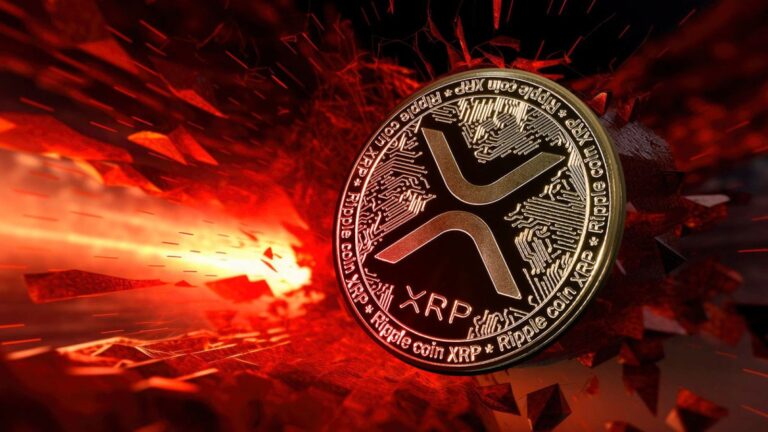The Debate Over Bitcoin Reserves in the Eurozone
The Current Situation
The debate over Bitcoin reserves is intensifying within the Eurozone, with some European countries advocating for cryptocurrency investments while the European Central Bank (ECB) remains firmly opposed. Despite concerns over Bitcoin’s volatility and security risks, countries such as Norway and the Czech Republic are increasingly considering Bitcoin as part of their investment strategies.
Norway’s Stance
Norway has been a pioneer in the adoption of cryptocurrencies, with the country’s sovereign wealth fund recently announcing that it is exploring investments in Bitcoin. This move has sparked a heated debate within the Eurozone, with some countries welcoming the idea of diversifying their reserves with cryptocurrency assets.
The Czech Republic’s Interest
Similarly, the Czech Republic has shown interest in Bitcoin as an investment option, with government officials considering the potential benefits of adding cryptocurrencies to the country’s reserve portfolio. This shift in attitude towards Bitcoin reflects a growing acceptance of digital assets as a legitimate investment vehicle.
Implications for the Eurozone
While some European countries are open to the idea of investing in Bitcoin reserves, the ECB remains cautious, citing concerns over the volatile nature of cryptocurrencies and their potential impact on financial stability. The divide between pro-Bitcoin countries and those advocating for a more conservative approach highlights the ongoing debate over the role of digital assets in the global economy.
How This Will Affect Me
As an individual, the debate over Bitcoin reserves in the Eurozone may have indirect implications on your investment portfolio and the overall stability of the financial system. If more countries start to allocate a portion of their reserves to Bitcoin, it could lead to increased volatility in the cryptocurrency market and potentially impact traditional asset classes.
How This Will Affect the World
The growing acceptance of Bitcoin as a reserve asset by European countries could have broader implications for the global economy, signaling a shift towards digital assets as a mainstream investment option. This trend may prompt other countries to reconsider their stance on cryptocurrencies and lead to increased adoption of digital assets on a global scale.
Conclusion
In conclusion, the debate over Bitcoin reserves in the Eurozone reflects a broader dialogue around the role of digital assets in the modern financial system. While some countries are embracing cryptocurrencies as a strategic investment, others remain cautious about the potential risks and uncertainties associated with these volatile assets. The outcome of this debate will likely shape the future of financial markets and influence how countries around the world approach the integration of digital assets into their reserve portfolios.




